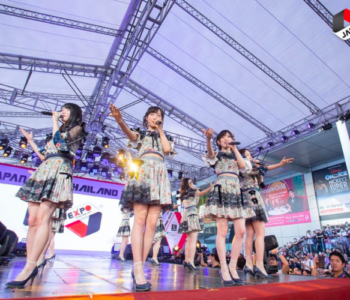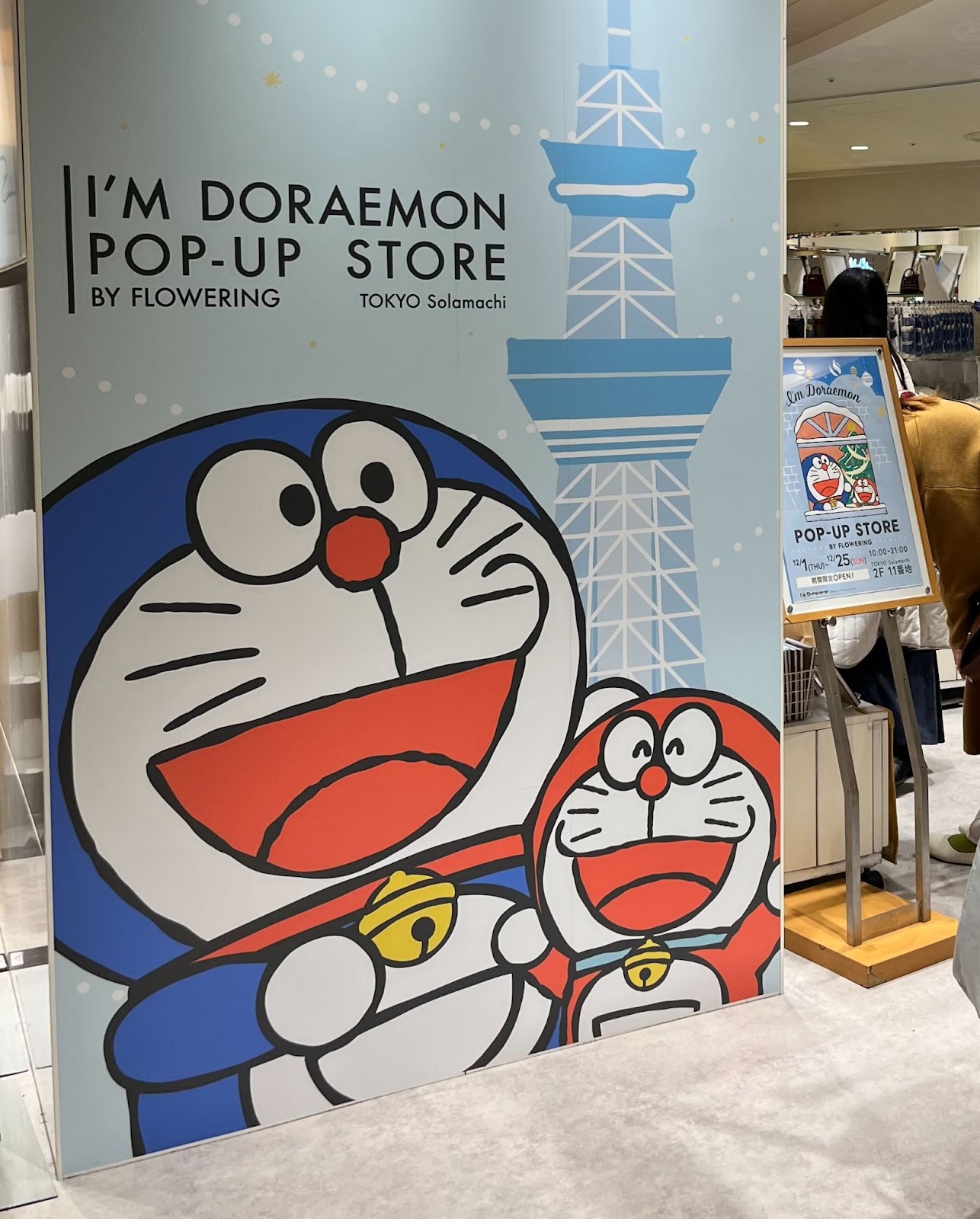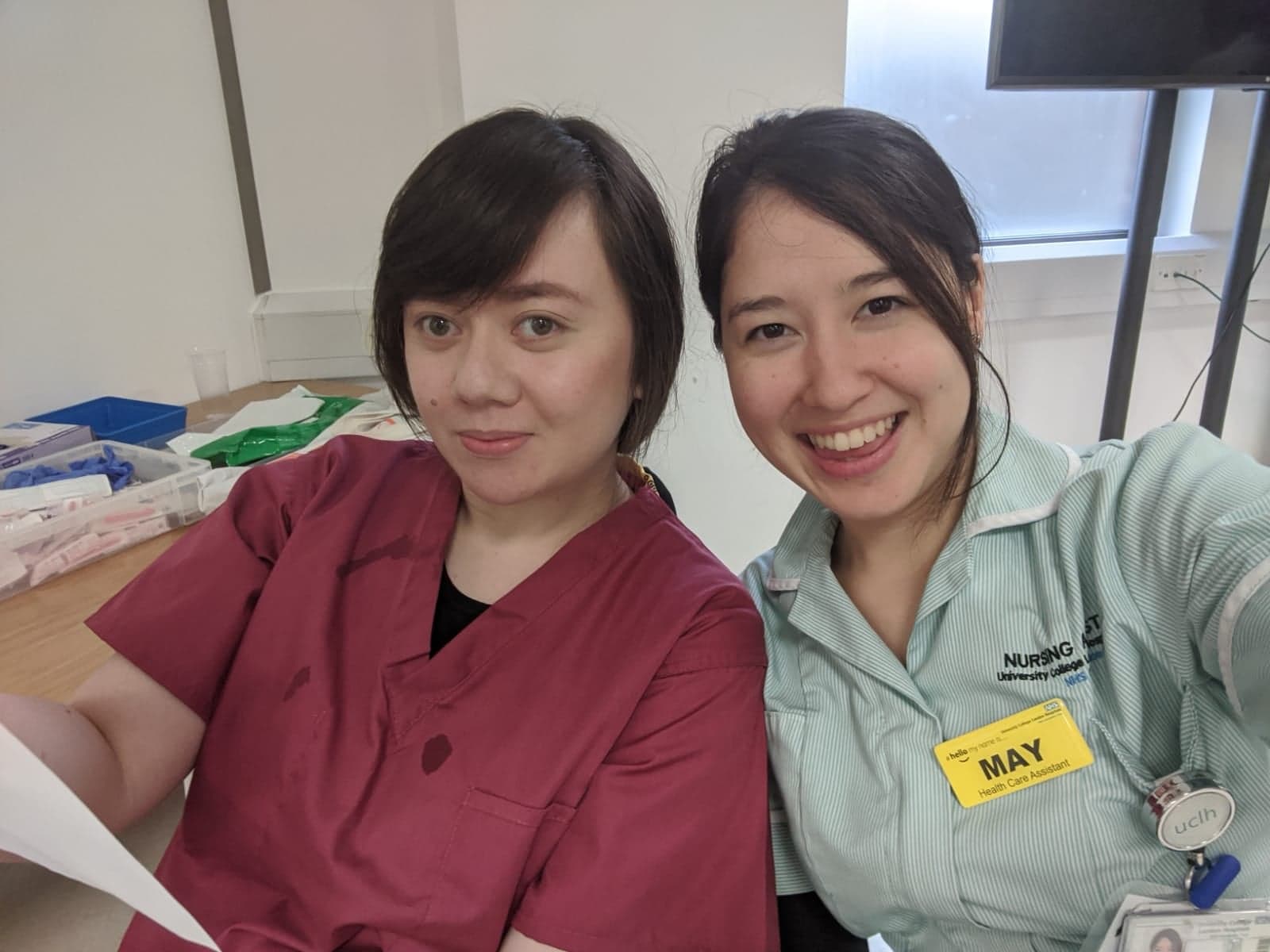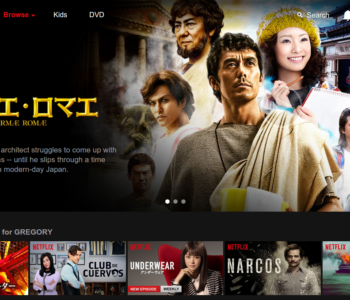 Interviews
Interviews
Expert Guidance on Mergers and Acquisitions with Japan –…

Our partner, Reynolds Porter Chamberlain (RPC), is a full service London-based international law firm. Nigel Collins heads up the Japan Desk as a Partner and specialises in advising Japanese companies on their outbound transactions, including investments, disposals, restructuring, joint ventures, as well as mergers and acquisitions with Japan.
We interviewed Nigel back in June to ask how the M&A business was going, given the impact of Coronavirus. Recently, we conducted a follow-up session to find out whether there have been any further developments or opportunities with the Japanese market.
What have you been working on over the past few months?
Collins: A mixture of transactions, restructuring projects, commercial advice, handling potential disputes and providing a lot of advice in relation to the furlough of employees. Overall Japanese corporates have been less active than usual on the transactional front, although they have required legal support in other areas.
One sector that has been active and where we will see many more investments, acquisitions and partnering of companies is the green economy. The governments of Japan, Germany and UK have all made announcements on providing support to these important sectors. Japanese corporates such as Mitsubishi Heavy Industries have made this a central plank of their strategy going forward; namely leading in the decarbonisation of industry.
I recently introduced and advised on an investment opportunity into a European green hydrogen business. I also advised on the restructuring of a couple of existing investments for a trading house; one in smart energy and another in the mobility sector.
During the early stages of the pandemic we closed a couple of interesting acquisitions; one, the acquisition of a metals business in Sweden from Sandvik for our client, Metal Technology Co., Ltd (Tokyo). We advised and project managed the acquisition. We also assisted boutique Japanese law firm Southgate and their client to sell a majority shareholding in the British luxury bag brand Globe Trotter. The owner of Globe Trotter was a Japanese entrepreneur and the majority shareholding was sold to Oakley Capital, a UK private equity firm.
You mentioned that many Japanese companies had stopped investments earlier in the year. Has this now resumed?
Collins: They are returning to the market, but carefully. It remains a challenge for a lot of Japanese corporates to close an acquisition without being able to meet with the management team in person. Not impossible, but very challenging.
Also, some of the opportunities in the market right now are acquisitions of failing or distressed businesses, and these are not attractive for Japanese acquirers. Japan Inc. does not usually acquire and turnaround distressed businesses. US and European businesses are more active in this part of the market. The retail sector for example is going through a major upheaval in the UK and we have a leading retail practice group that is incredibly busy dealing with both ends of the spectrum; saving failing businesses or acquiring them out of administration.
In the coming years we will also see more disposals by Japan Inc and the pandemic will probably accelerate this trend. This is a relatively new trend as they become more comfortable with disposing of non-core or underperforming businesses. Historically, they would hold on to businesses and prop them up with intra-group loans rather than closing them down or selling them off.
This is an aspect of Japanese corporate culture that is changing, and we have advised on an increasing number of disposals over the last couple of years. The pandemic will have sharpened the focus and scrutiny on some of these businesses, and I understand from banking and legal contacts in Japan that the number of inquiries by Japan Inc thinking about disposing of businesses is on the increase.
On the question of whether Japan Inc. is well placed to come out of the pandemic in good shape and with cash to spend, I think the answer is generally yes. It is well-documented that Japan has a declining birth rate, ageing population, flat domestic growth, low interest rates and a need to expand beyond its borders to offset the tough challenge of growing organically.
It has also experienced a lower level of shareholder pressure over the years and these conditions have contributed to a swelling of cash reserves. US$4.8tn according to corporate filings. The need, appetite and cash are certainly available, and Japan Inc should come out of this pandemic in good shape to accelerate growth through M&A.

Has your focus in terms of sectors changed since we last spoke? Have there been any new opportunities arising specifically as a result of the pandemic?
Collins: As an experienced M&A lawyer, I focus on sectors that are hot and where my clients are active. As mentioned above, a few sectors where I am increasingly active are the green economy, retail, and technology deals.
The pandemic has generated more work in restructuring, strengthening the balance sheet of some corporates and dealing with failing businesses. Our wider corporate group has been very active advising on a large number of deals in the insurance sector due to consolidation in that market, acquisitions of distressed businesses, especially in the retail sector, and an increasing number of tech-related transactions.
With regards to the green economy and clean energy, Japan is looking to position itself as a leader in the decarbonisation of industry. We can expect a flow of investment into green hydrogen, carbon capture, battery storage, fuel cells and other clean energy-related projects across EMEA. Both at the large-scale power plant level and investment into early stage new technology. This is a sector that has moved forward despite the pandemic and partly due to demand, increasing government support and increasing new technology coming to market.
Are the types of Japanese companies still active in Europe the same as before, or have they changed?
Collins: As we start the process of moving through the pandemic the usual corporates tend to lead the way by committing to transactions, namely the trading houses, global corporates, major banks and insurers. Once others see deals being closed, they feel more confident to take more positive steps themselves. At this stage in the pandemic people know how to conduct due diligence and price the impact of Covid-19 on a business, and the gap in pricing between the seller and buyer has narrowed. This in turn allows deals to happen.
Over the last few years we have seen a growing number of medium and small sized Japanese corporates looking to acquire European businesses. Some, like MTC mentioned above, are looking to build a presence in Europe. We are expecting this trend to increase over the coming years. Following several discussions with banking and legal contacts over the last few months, there is a general feeling that Japan Inc will be concentrating more on acquiring and investing in Europe which is good to hear.
How has a world of no-travel been affecting your clients & contacts compared with earlier in the pandemic?
Collins: Yes! Adoption of technology has been widespread and much welcomed. However, you cannot underestimate the importance of meeting with clients and contacts face-to-face. It is during these times at their offices, in a café or bar, or at a restaurant where you cultivate a more tangible relationship. It’s bit like the act of giving omiyage.
It’s the thought and effort that counts much more than the gift itself. Taking the time to visit clients and contacts in the UK, across Europe and Japan is also a symbol of the importance of a relationship. At the end of the day, I want to help my Japanese clients and many of them become good friends along the way. It is always a pleasure to visit them!
What would be your key recommendations for Japanese companies looking to do M&A in Europe in the near future?
Collins: I recommend they give me a call to discuss how we can assist them sourcing and brokering an opportunity, project managing deals, advising on the legal work and making relevant introductions to other advisers to build a strong team! We can assist whether it’s a transaction in the UK or across EMEA. A recent complex technology transaction involved sourcing, brokering and advising a listed Japanese client on the acquisition of a US headquartered business with main operations in Europe. See: https://www.rpc.co.uk/press-and-media/rpc-advises-kudan-on-investment-in-tech-company-artisense/
Building the right team to help deliver an acquisition strategy is the most important starting point. If you have a capable team that you trust, it is then a question of finding and executing on the right opportunity, which is not always easy.
In my view, Japan Inc is getting better at creating and empowering internal teams to deal with M&A projects and this is incredibly important. If the decision-making group is too large, it causes too many delays and problems. Japan Inc has the perception of being slow in the M&A process; taking too long to negotiate and execute a simple NDA and keep-up with a fast-moving auction process.
However, I have seen examples of Japan Inc joining a process late and being able to make a final investment decision without physically meeting target’s management team or visiting the European manufacturing sites. Whilst this is not the norm, it shows the way for others to follow.
Last time, we learned that you are a keen kendo practitioner. Is there anything else you’ve been into recently?
The recent lockdown meant that any kendo clubs, including my own, needed to close. Now that we are in a more restrictive tier situation, we still cannot reopen clubs. Hopefully, it won’t be too long until we can attend keiko again! I still practice suburi on a regular basis, although I have recently been doing more road cycling. This is the sport I did when younger and I have been a passionate following of cycling since then.

During the recent lockdown I set myself a personal challenge of riding everyday before work, and longer rides at the weekend. I managed to complete the challenge and have continued to 30+ consecutive rides. Usually around 30km before work and 80 – 100km on weekend rides. It’s a great way to start the day and I love being outdoors. The hardest part has been going out in the dark when it’s around 2C, raining and windy.
On those days it’s a challenge just to go out and face the weather!

Thanks so much for the update Nigel!
Keep checking back or follow us on LinkedIn, Facebook or Twitter to get notified about our latest posts. We’ll be adding more interviews with guest experts on Japan, so watch this space!
Alternatively, feel free to get in touch and see how we can help you effectively develop your health and wellbeing offering in the Japanese market.









